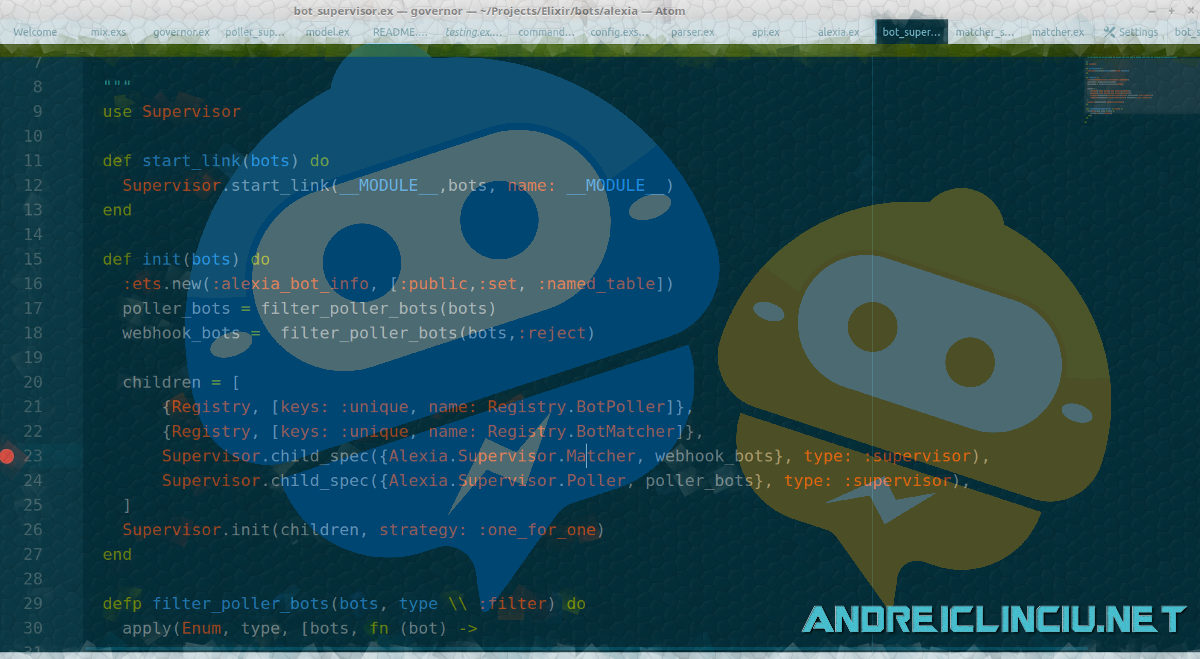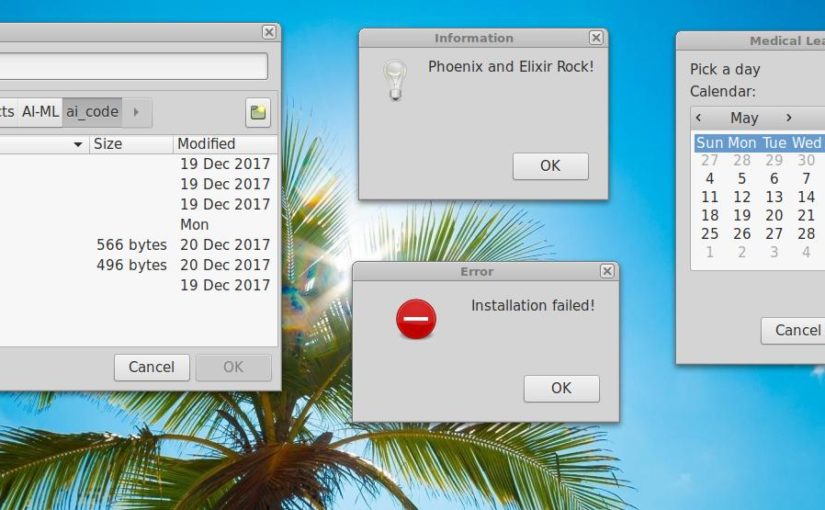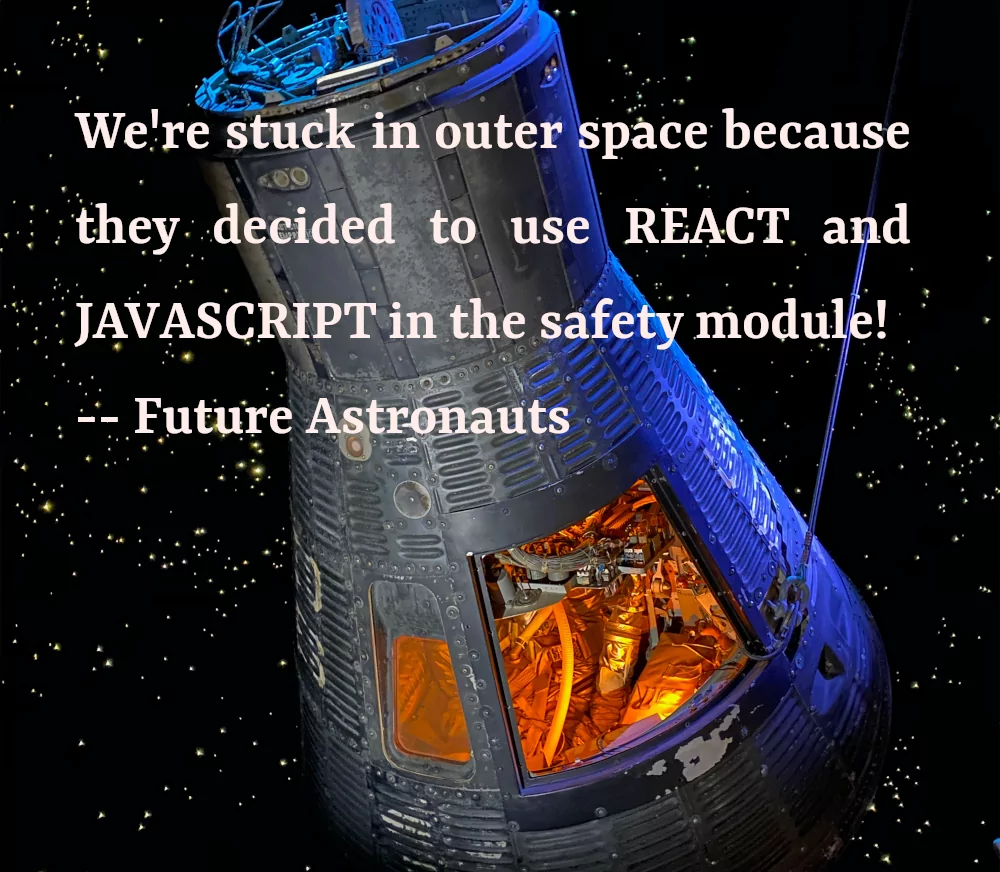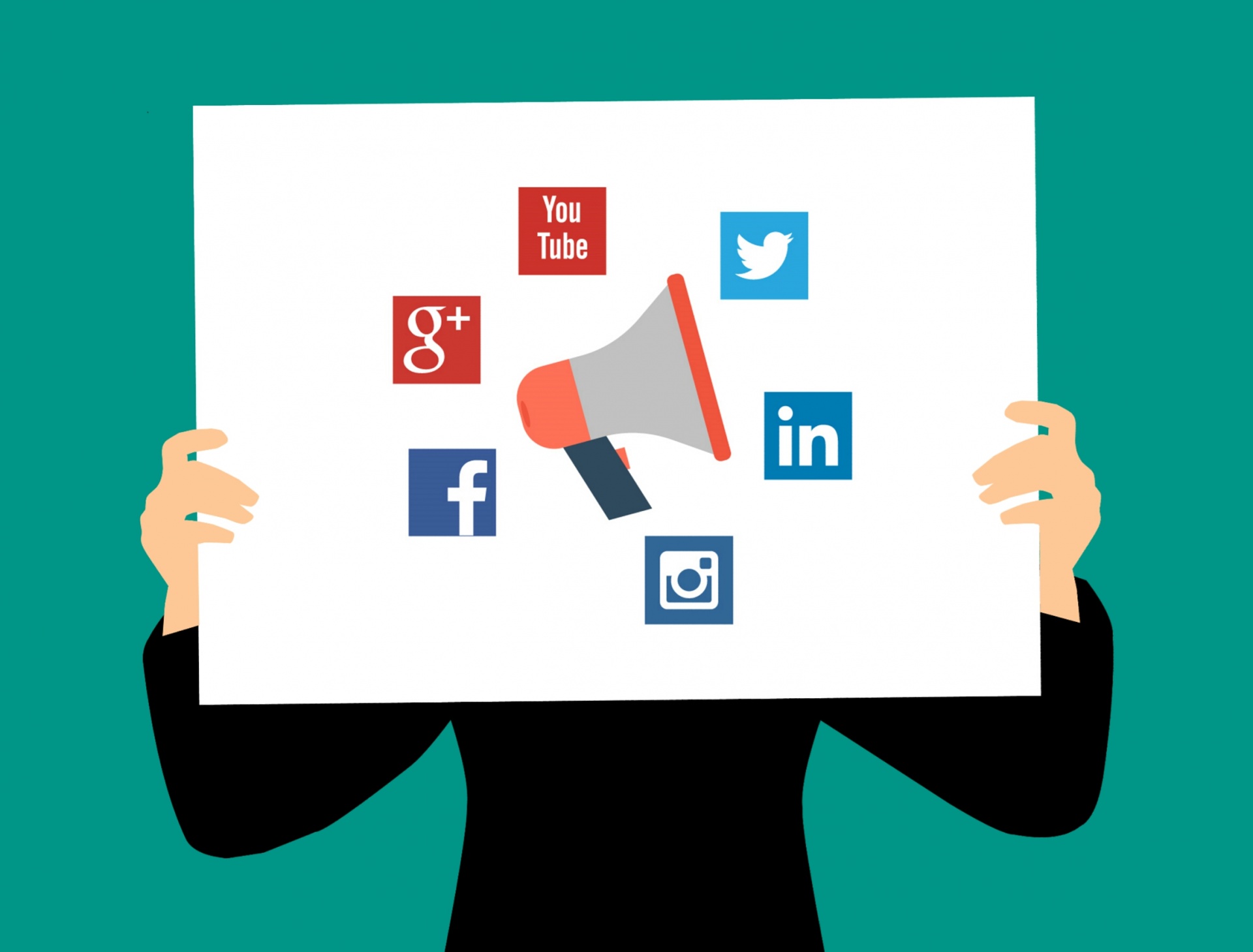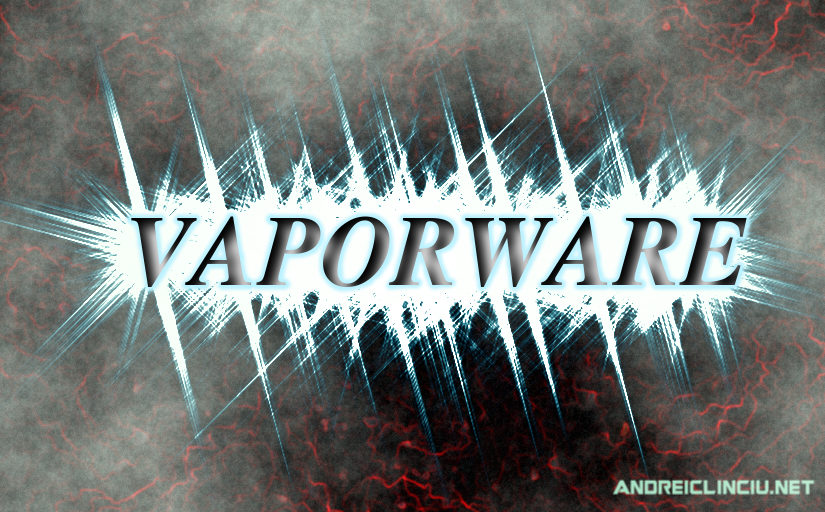
The title seems disastrous even tragic. This is is meant to make you think about it.
This is why I never bought a tablet. Even though I'm working in the tech industry.
I find that tablets are useless for programming. If you want to do anything worthy you need to pay so much money that you're better off with a lightweight laptop.
The mobile and tablet landscape is a closed source disaster! I call them VaporWare.
Open Source is not about something being free, It's about the source being available for it to be repurposed!
This is a topic that I've wanted to talk about for a VERY long time. Let's embark in a journey together toview why this is such a tragic event!
The future, the present and the past
We're currently in 2018. If I have a 10 year old computer from 2008. Can I still use it?
Yes, of course I can! I can just install Linux on it and do whatever I want! I have a laptop from 2009 that still works perfectly with Linux on it.
It's not that old. It has a quadcore and 4 GB of RAM so it's more than enough even for the next 5 years!
If I have a 17-20 year old computer from 1998-2002, can I still use that one?
This is a delicate situation but most certainly it can be done. We're talking about a 500 MHZ processor with 64 to 128 MB of RAM.
A lightweight Linux distribution will need to be used. Even a lightweight GUI can run on it without any issues.
if i have a 30 year old PC.. Can I still use that prehistoric item?
Now I'm just pushing my luck, it's relatively hard to do so but not impossible if anyone's dedicated to it. For example they've managed to get a linux version running on Commodore 64
Using a 10, 20 or 30 year old pc again is possible only thanks to existing open source alternatives. Because if you tried to use a closed source software on it it probably won't be too usable nor too secure. Or it wouldn't even work
Now going from the PC landscape to the pollution landscape of mobile phones and tablets.
If I have a mobile phone or tablet from 2008 it's probably:
- not working anymore or it can;t be used
- died long ago and got thrown away
- You can't repurpose it to anything since everything is closed source
- You can hardly take away components unless you have electrical engineering experience
Vaporware for the win (fail)!
What about 1998? Haha, we're talking about science finction here!
No, really.
Think about it. Tablets and mobile phones are NOT made to last. The whole industry is just a spit in the face of humanity and nature.
It's so tragic that it makes me want to yell out loud.
But reusing and repurposing it is just the start of our problems.
The choices
We all know that Apple wants you to buy their new shiny iCrap and IBrokeYourTab every year so there is no point in them maintaining their software.
But what about the other companies?
"Thanks" to Google who bought Android and made Linux available for the masses!
Well, at least they tried. They failed miserabely. But why?
While Android might come out every year with a brand new version it has some strategic flaws that makes it extremely bad from different perspectives..
First, your updates and upgrades depend on the manufacturer there is no general distribution like in the Linux world. You can't just type apt-get upgrade.
So if you buy a new phone, 1 year from now you will probably not get any more updates. Since they might have already be at version 2 of their shiny product.
This is a very big problem. The lifetime and lifecycle of a tablet and smartphone is eventually reduced to 0.
This is again, thanks google and all other creators because instead of following the heart of Linux they tried to restrict access to the system.
This made it "easy" for "developers" to "create" software based on certain proprietary and useless languages (Java). The core of Linux has always been C.
Instead of using real open systems like Debian or Fedora they've bloated everything with crapware.
Drivers
Even if they used open systems and you could install some other type of operating system. What do you do since you can't find drivers for the hardware?
It's useless! You need to reverse engineer it or pray that someone has analyzed the BLOB.
So a policy needs to exist to make hardware manufacturers release open source drivers or at least BLOB's that are available if you want to use a different operating system on your phone.
Otherwise it's just a useless piece of hardware that you paid for to use.
Imagine buying a house that has a specific layout with a specific garden and a specific custom made furniture. But you can't change anything. You can only chose to change the colour of one wall.
If you decided to change your furniture then you can't do it because it's nailed to the walls and once yoy remove it your whole house crumbles. I'm not exaggerating. THIS IS THE MOBILE AND TABLET LANDSCAPE.
Security
I've mentioned updates and the lifecycle of tablets and smartphones.
There is another more pressing point I want to make.
Due to the fact that you can't get any updates/upgrades like you have in a normal Linux distribution you get into problems.
Your system gets old and you can't do anything about it. If your system is old it certainly has vulnerabilities that haven;t been pached in the current distribution that you're using. EVEn if there is a fix there's a 99% chance that it hasn't been patched in your current tablet/mobile phone.
Patching of software, yummy! It's a sinkhole for privacy infestation.
Keeping a secure and up to date system should be the number one priority of manufacturers. It's clear that the manufacturers of hardware only care about $$$.
Number 2 is what can you install? What can YOU TRUST to install from the apps store?
The whole store is full of apps that require you to accept so many things that you can hardly review if they're actually doing anything good or nasty.
Thanks again Google for the app store. Why the heck didn't you use a package manager like Debian, RedHat has and then also allow users to use the store if they couldn't find what they want?
The answer would be "licensing restrictions".. But that's just plain old stupid.
Same thing 100 different times
You have 30 different apps that do the same thing. This is one of the most useless use of programming time. Why reinvent the wheel when a problem has laready been solved?
Well it has to do with the closed source nature of the whole system.
I mean, you don't have to release the source code of your app but at least if you could use existing software it woule be great.
However some say that "it wouldn't feel like a great user experience'. I beg to differ, since I don't care about the UX as I care about being able to compile and use my favourite software that I use on my pc.
I can make better apps with existing scripting languages than by using all the SDK's provided with the Java environment.
Graphical Interfaces
This brings us to graphical user interfaces. Each and every one of the manufacturers implements his own software and GUi. Not bad.
But it's bad enough that things change with every version. It's a great thing to know that the User Experience UX is very important. Sure, but what about maintainability?
Notable (failed) Alternatives
There have been a few attempts at this however they all failed miserabely because of the problems I've already mentioned.
Even Android clones fail since there are so many issues to face. The worst of all is that people wouldn't buy the alternatives anyway since they go with the known brands.
Without spending millions in marketing no one would get an alternative.
I mean, I would'nt have this issue with any PC's If i'd want to repurpose them.
Nokia tried to create maemo between 2009 and 2011 and it got discontinued.
Samsung tried to use Tizen which is still available but runs only on certain hardware.
Mozilla had a great idea to do a pure Linux based phone OS called Firefox OS(Discontinued)
Ubuntu Phone was a great idea but it's now "community driven" which is just a synonym for discontinued.
LineageOS and PostmarketOS are a great idea, I don't know if they will ever release something worthy..
Another one is Purism Librem5 with Pure OS. You have a Debian based distro which can come in KDe or Gnome flavours.
This is a extremely noble alternative. if they won't follow in the footsteps of other failed attempts they might have a chance!
You can build a custom open source custom alternative with raspberry pi and arduino.
Although the price of creating such a phone is 2 to 5 times the price of a ready made phone it's not quite a great alternative.
ZeroPhone feels promissing for $50 but is it usable?
Microsoft's take
Microsoft tried to enter the tablet and mobile phone landscape when it saw Android growing wild.
However Microsoft failed miserabely and here's why:
Tablet landscape
Microsoft lauched Surface RT on 26 october 2016. It also launched the PRo edition a little bit later.
People started buying the RT since they thought: "At last I can use a windows tablet and I will be able to do everything I do on my pc"
Most people didn't get it that the RT uses an ARM processor.
The only things they could use where the apps form the Windows Store which where limited.
Microsoft didn't do a great job in explaining this to users - i think it even tried to hide this notion - that you could;nt run .exe files on a RT tablet.
If Photoshop or any other closed source software was open source (ie, you had access to the source code) you might have been able to compile it and use it on the RT.
But since all the executables you use on a Intel/AMD x86 CPU is already compiled to that architecture YOU CAN;T RUN THEM ON ANOTHER CPU ARTCHITECTURE WITHOUT A RECOMPILATION.
While for Linux this is extremely simple. Linxu runs on fridges, routers, phones, tablets.. Why you might ask yourself? Because it's basis is open source. You have access to the source to modify, expand, adapt, embed.. etc You can easily cross compile it to run on anything.
Open Source is not about something being free, It's about the source being available for it to be repurposed!
So the RT slowly died out.
Microsoft tried to keep up with the expensive Surface PRo alternative which had an intel processor.
But I mean, come on, you need to pay between $1000 to $3000 for something that even apple or samsung sells at a better price! This is a no no game.
Mobile landscape
Ah, Nokia was bought. So we thought that Lumia might have been a good option.
Nope. Again, you could'nt run exe's. But thats not a problem right? You could always use the fantastic windows store for your software.
Eh.. yeah. The maximum market share for Windows on the mobile phone market was 3% in 2013. By the end of 2015 it went to below 1%.
This meant that app developers have a hard dilema. Build a android version where 87% of your users are or build an iOS version where you have 12% of people or spend time on 1%?
So of course this led to a mass migration of developers from the windows hype just in the arms of the welcoming android community.
I'm sorry for the people who bought expensive Windows phones.
Production and availability stopped around 2016. Even though no official information came out untill later I'm sure these are the reasons why Lumia isn't produced anymore.
In 2017 they announced that they will discontinue windows 10 phones. What a surprise!
Another case of Vaporware
But I would'nt cry for Microsoft they make money with every android device for pattents used by FAT32 and exfat :) from EVERY android phone.
Pollution
The mobile and tablet landscape is a huge pollution agent in the world.
BEcause the fact that you can't repurpose, reinstall or reuse they get thrown away.
Little do people know (or care) that every device contains rare metals that are known to cause wars in certain countries.
Those rare metals cost $$. But the whole recovery process would be more expensive than just buying and creating again. Anyone who lives in a civilized countr ylike me knows that there are warnings to not trow your phone with the normal garbage. That you can recycle it. Sure, you give it to someone that actually doesn't do anything with it. They just send it to poor countries where they get stored on garbage fields!
Polluting further and further.
Recycling would be a good business since they CAN be recovered.
However the whole process of gathering, storing, processing etc is what is "costly" since money would have to be invested in this process.
There are others who saw this and tried to do something about it, unfortunately all projects failed after some time due to the fact that the ones who invest the most money in marketing get the biggest market share.
So the next time you BUY a tablet or mobile phone. Think about how you're helping others screw up the planet.
Thanks!
FAQ
Q: But android is open source, how can you say it isn't?
A: It's partially open source for companies to use. But it's not open source nor free.
The only open source component is the Linux kernel WHICH is closed down further ahead by the whole system.
read https://www.theguardian.com/technology/2011/sep/19/android-free-software-stallman
Q: Do I use a mobile phone?
A: Yes. But only for calling, e-mail and searching data on the net. I prefer to use my desktop or laptop for anything important like working on a project.
Q: Would you consider using X, Y Z tablet/mobile phone when they launch?
A: If they'd provide me with a usable phone/tablet that had a debian based distro that could allow you to control every aspect of the system while maintaining a usable system YES.






